The latest dietary guideline by ICMR recommended people to refrain from having tea at least an hour before and after meals read more
)
Source: Freepik
People who love hot beverages often enjoy sipping coffee or tea whenever they feel the urge, but according to India’s top health body - Indian Council of Medical Research (ICMR) - you are playing with your health by doing so.
In collaboration with the National Institute of Nutrition (NIN), the ICMR has released 17 new dietary guidelines for Indians and promoting healthy eating habits among them.
Through the guidelines, ICMR has cautioned tea and coffee consumers about excessive consumption of the beverages.
Let’s dive deep and find out what’s the safe way of having tea and coffee.
When not to have tea & coffee?
As per the latest ICMR guidelines, one should absolutely avoid having tea, coffee or other caffeinated drinks along with meals or immediately after eating food.
But what’s the rationale behind this? ICMR says, tea and coffee contain caffeine, which stimulates the central nervous system and induces physiological dependence.
Also, people have been recommended to refrain from having tea at least an hour before and after meals.
It is so because both the beverages are said to have tannin, commonly referred to as tannic acid, which is known to interfere with iron absorption.
This leads to reduction in the amount of iron that enters your bloodstream from the food you consume and thereby, the iron availability in your body decreases.
It is worth mentioning that human body needs iron for making haemoglobin, a protein in red blood cells that carries oxygen throughout. Lower iron levels lead to iron deficiency and people suffer health issues like anaemia.
Why tea with milk is not a good option?
The ICMR suggested to have tea without milk and in moderation to get the best benefit of the beverage.
“Besides caffeine, tea (green or black) contains theobromine and theophylline, which are known to relax arteries and thereby promote blood circulation. They also contain flavonoids and other antioxidant polyphenols, which may reduce the risk of coronary heart disease and stomach cancer. These benefits can be best obtained if milk is not added to tea and if it is taken in moderation,” the guideline mentioned.
Coffee, tea not for pregnant & lactating women
Pregnant and lactating women have been advised to minimise the intake of coffee and tea as they “adversely affect fetal growth”. Instead they should consume plenty of fluids (over 2 litres per day) including water and other beverages.
How much caffeine does your coffee mug contains?
As per the ICMR, a cup (150ml) of brewed coffee contains 80-120mg of caffeine, while instant coffee contains 50-65mg. Tea contains 30-65mg of caffeine.
How much caffeine is good for health?
Moderation in tea and coffee consumption is advised so that caffeine intake does not exceed the tolerable limits (300mg/day).
Side-effects of excessive consumption of coffee
Excessive consumption of coffee often leads to increasing blood pressure and causing abnormalities in heartbeat.
In addition, an association between coffee consumption and elevated levels of total and LDL cholesterol (‘bad’ cholesterol), triglycerides and heart disease has been demonstrated, the ICMR said.
Excessive consumption of tea should also be avoided due to its caffeine content.

 4 months ago
10
4 months ago
10

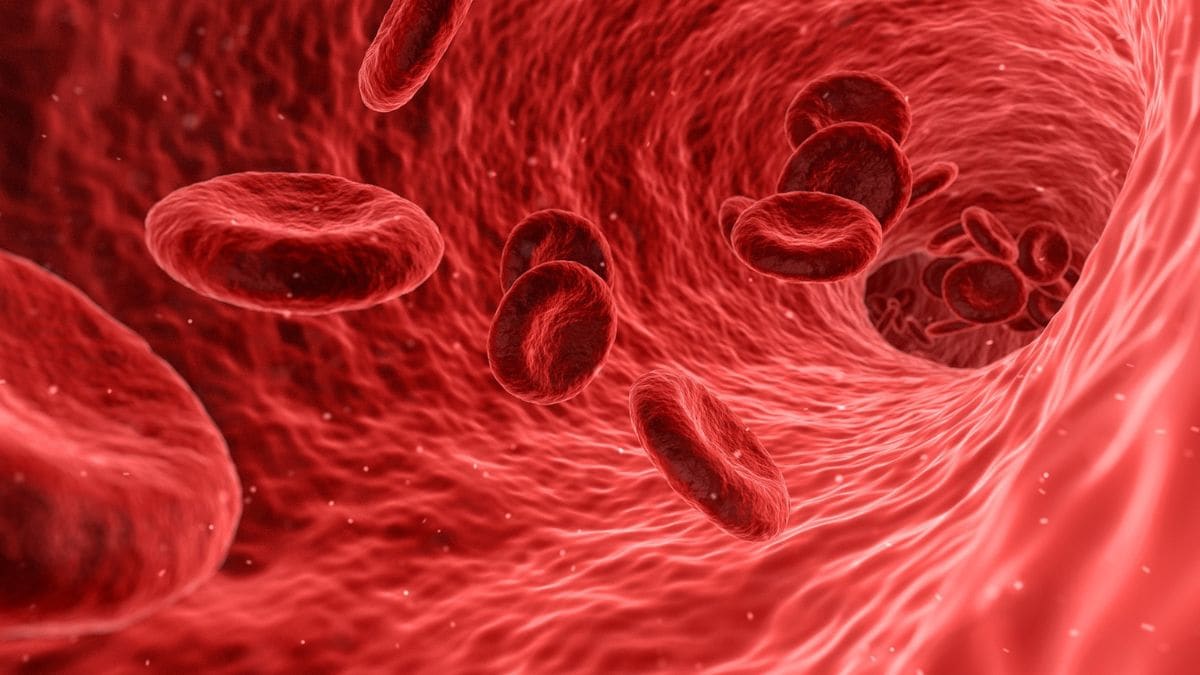
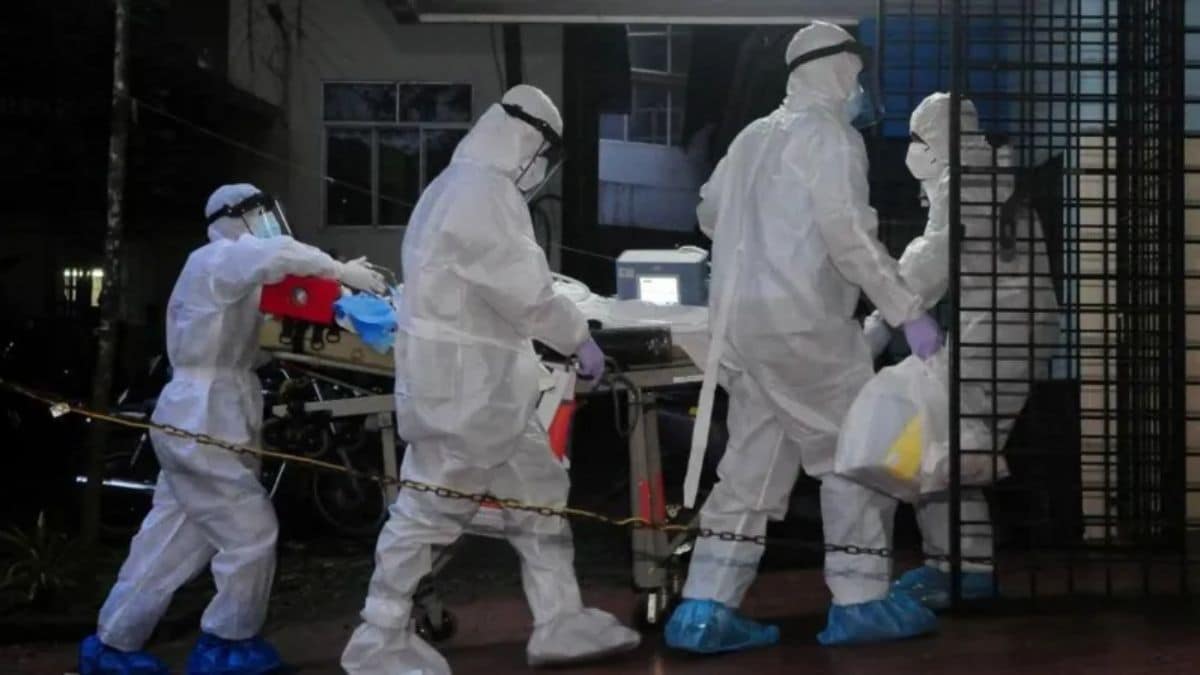
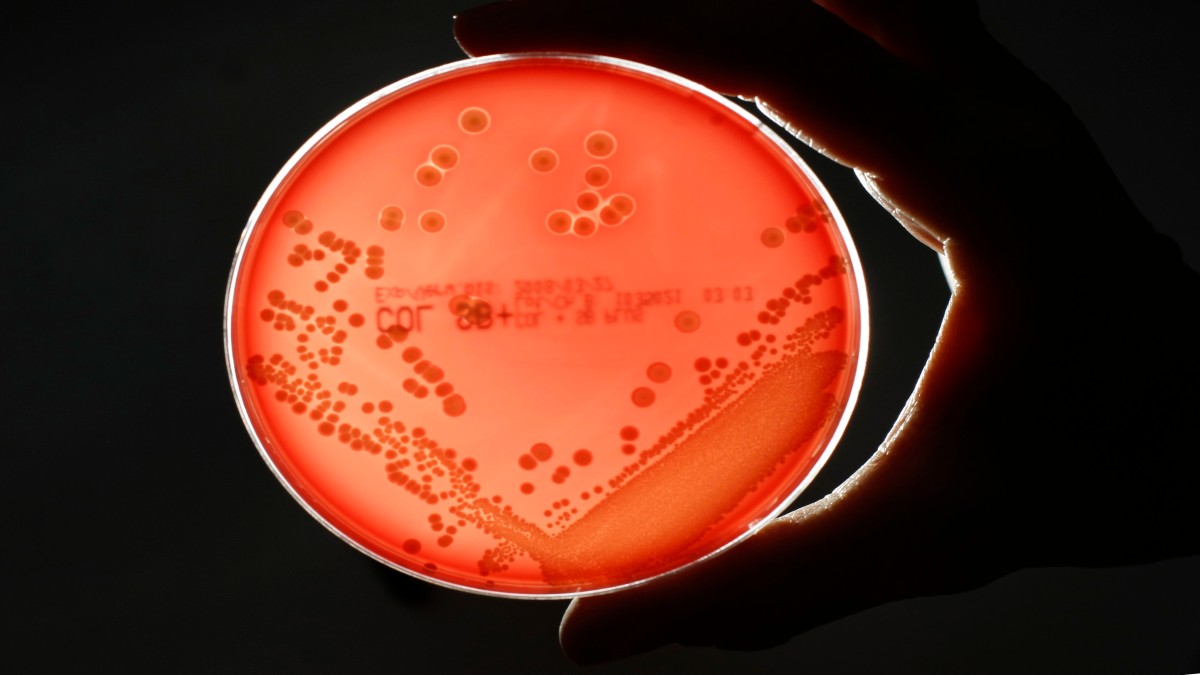
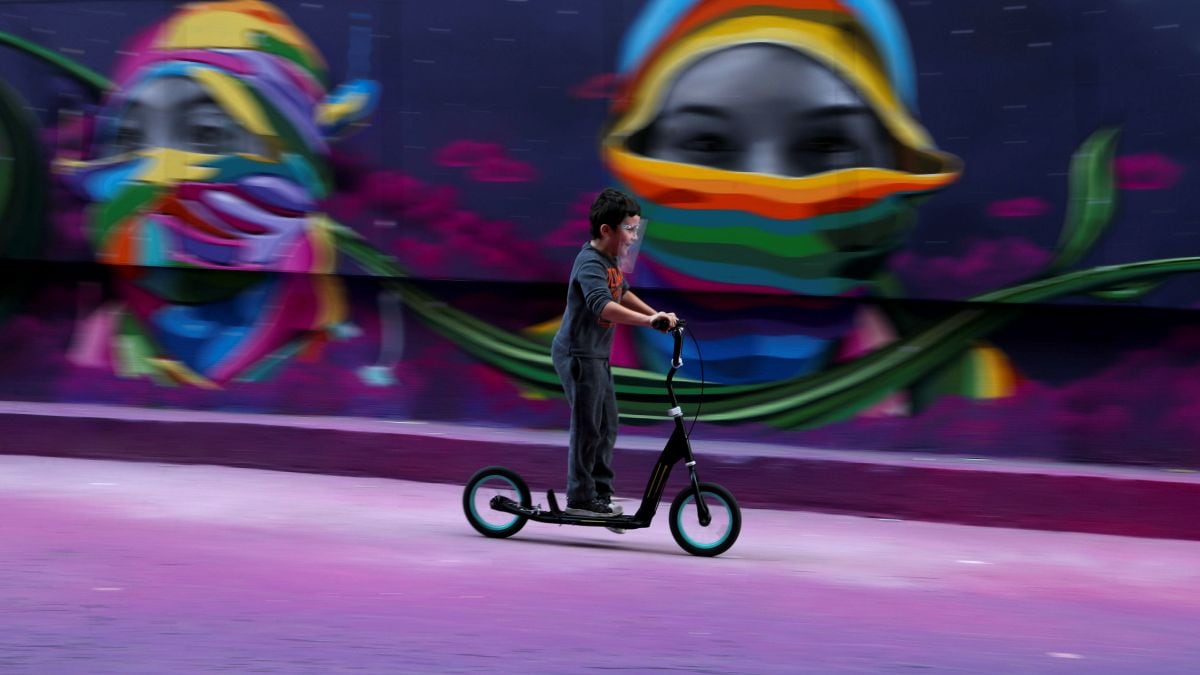


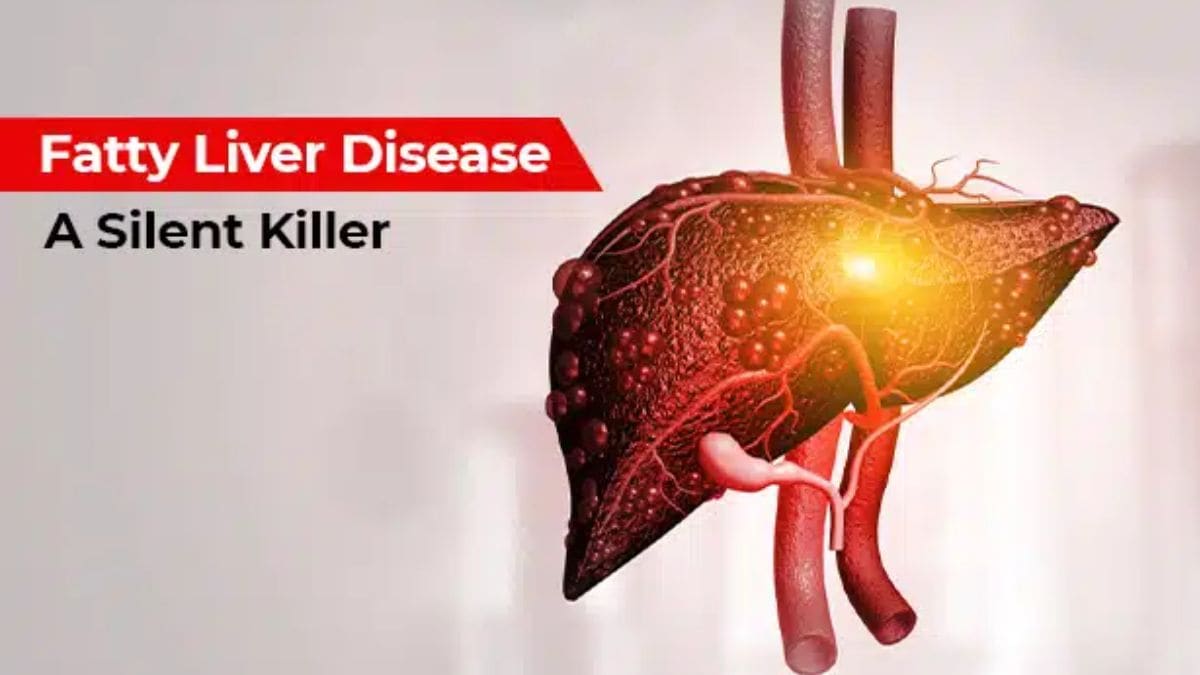

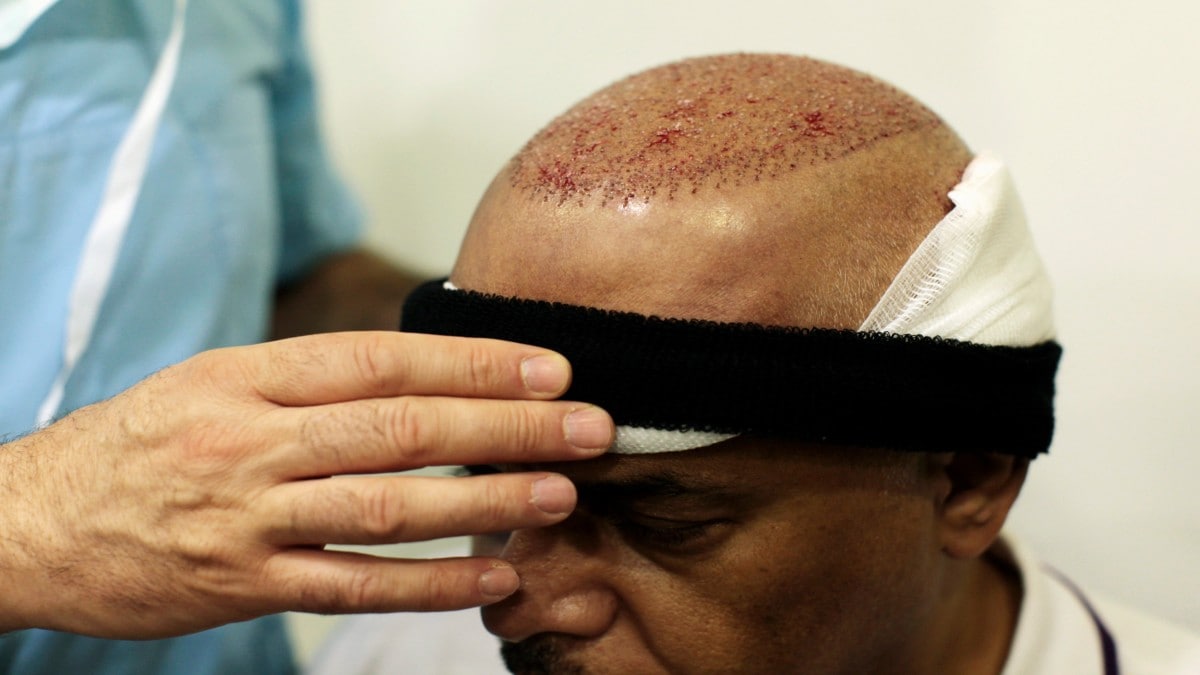

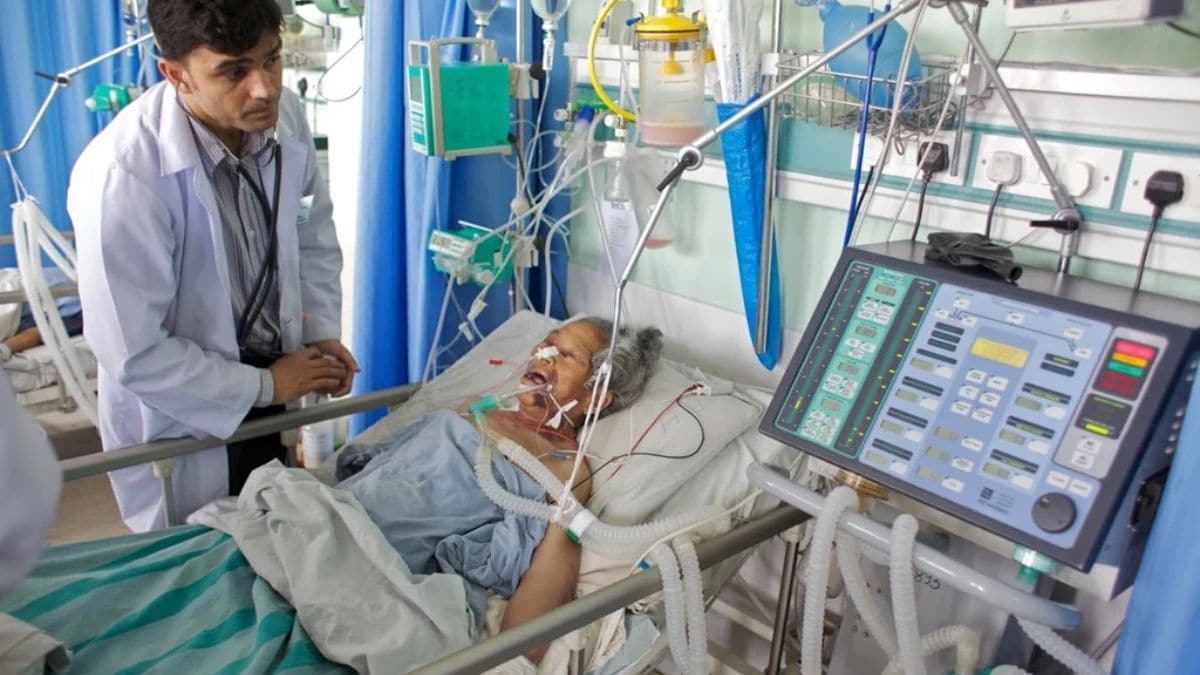
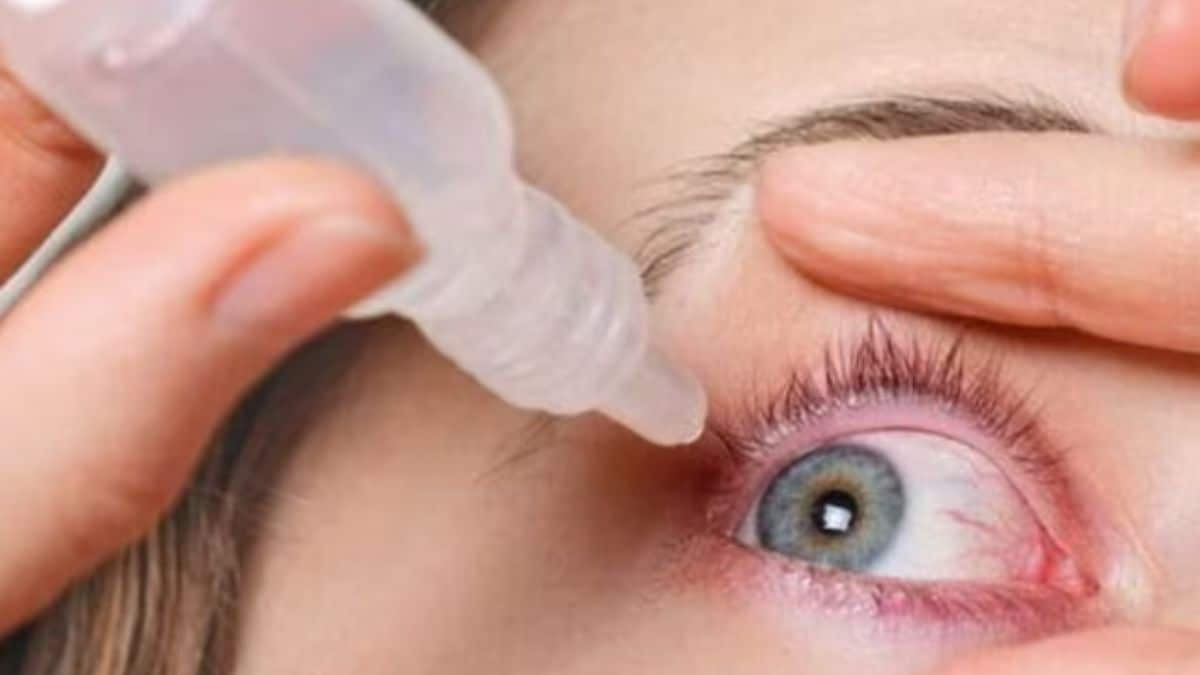





)
)
)
)
)
)
)
 English (US) ·
English (US) ·